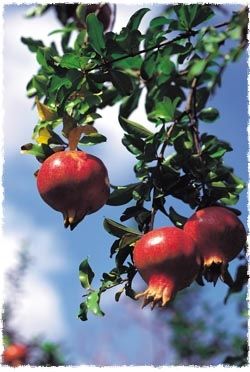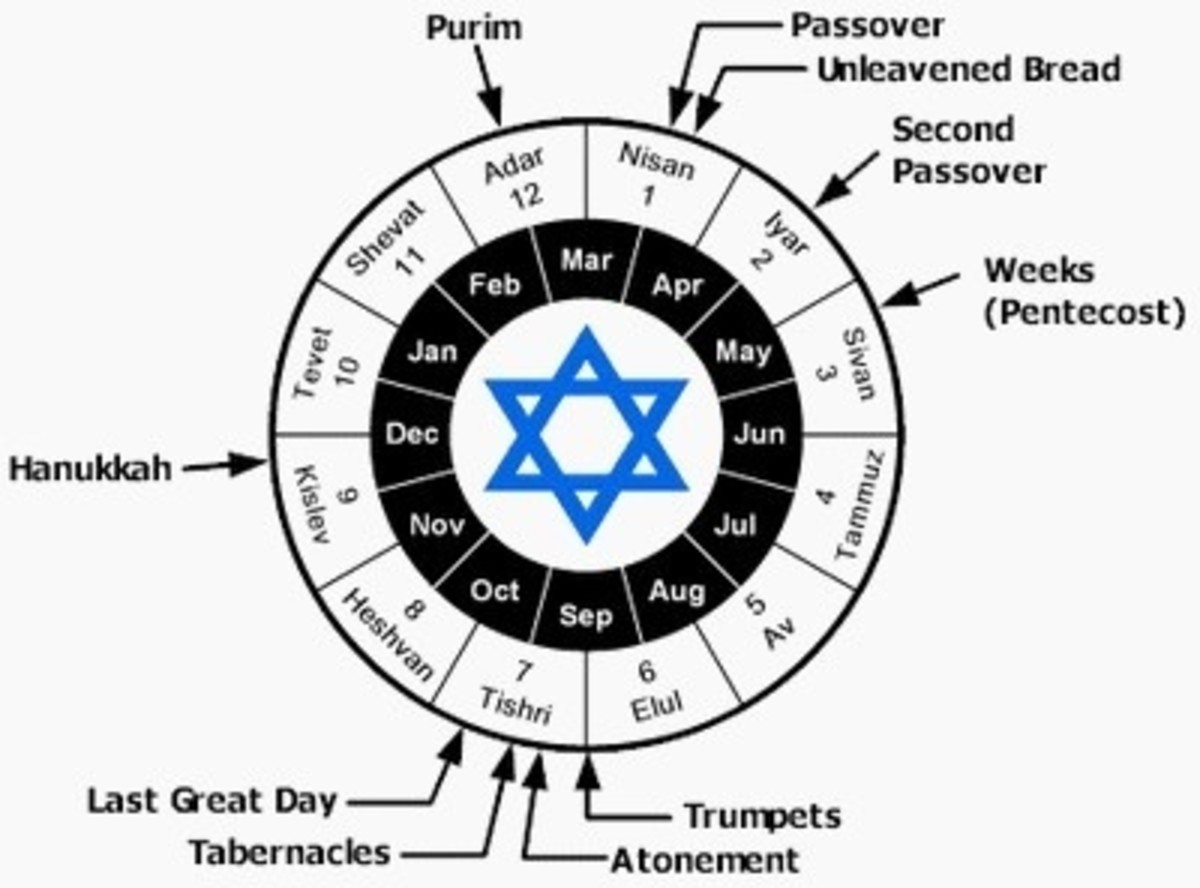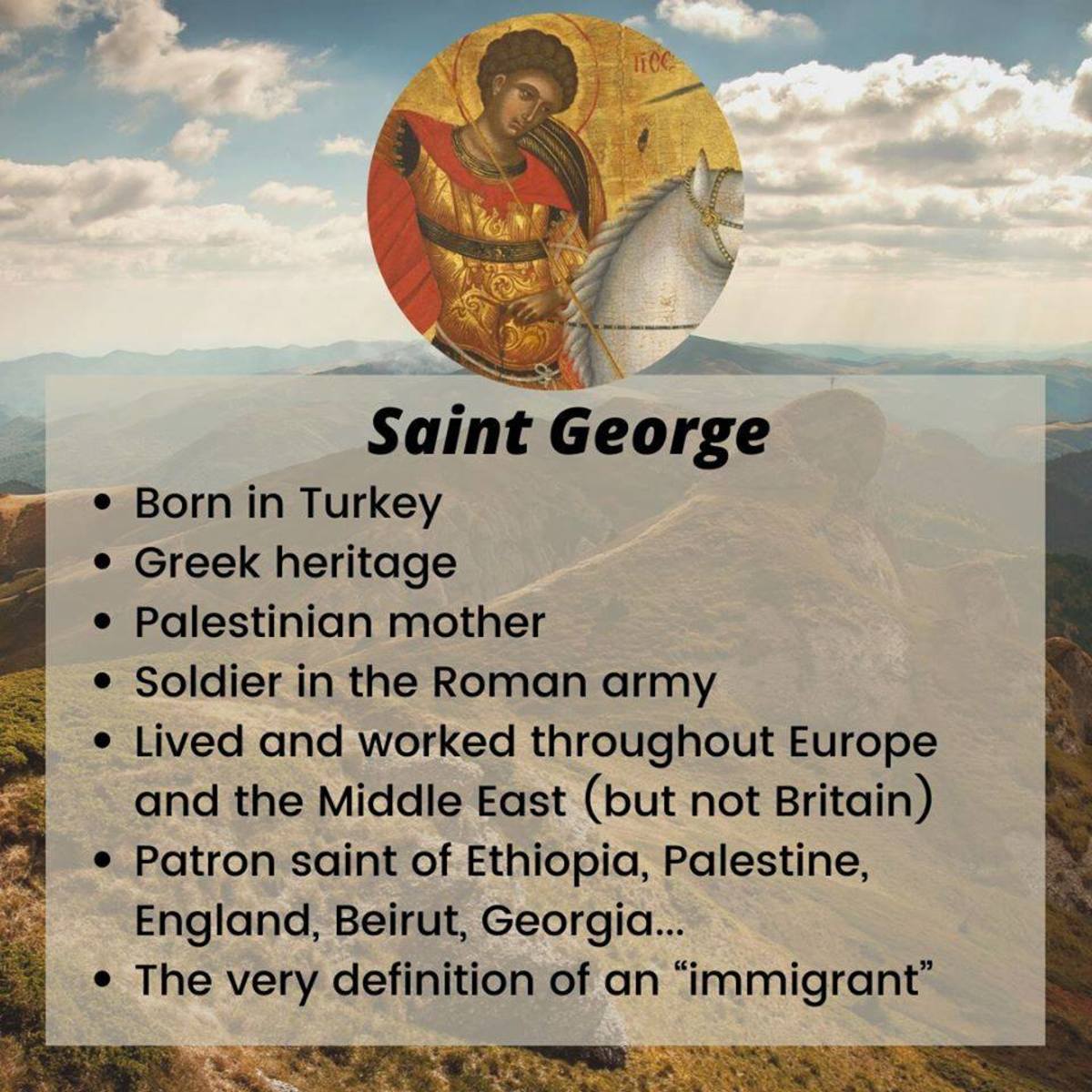Little Known February Holiday - Tu B' Shevat

What is the Significance of the Holiday Tu B'Shevat
This Jewish holiday is also known as the New Year for Trees. The Tu translates to the number 15 in Hebrew. So using the Jewish Calendar this holiday falls on the 15th day of the month of Shevat, which in 2012 is celebrated on February 8. This day marks the beginning of the New Year for Trees. This may seem strange but in Judaism there are several different new years that celebrate different events.
Jewish biblical writings state that fruit from trees may not be eaten until after three years from the time the tree was planted. Even in the fourth year the fruit belongs only to God. After that time anyone can eat the tree's fruit. There exists in Jewish tradition a very complicated system of calculating when this time is up, but this holiday does involve a celebration.

Celebrating Tu B'Shevat
A Tree Celebration
Actually it is the tree that celebrates this holiday because the holiday is part of the rainy season in Israel during which time the tree gets the nutrients needed to bear its fruit. This takes about four months.
While the tree is happily enjoying the rain, we humans celebrate by eating fruit on this holiday. The reason being that man is a tree of the field, and when we live right we produce fruit that benefits the world.
The fruit we eat should be the type of fruit for which Israel is famous, such as olives, dates, grapes, figs and pomegranate. It is customary to eat fifteen different varieties of fruit. Each fruit receives a blessing because it was created by God. Fruits that are tasted for the first time receive a special blessing that indicates how thankful we are to be able to celebrate this holiday.
Carob is sometimes eaten as part of this holiday celebration. Since the carob tree takes many years to bear its fruit, the reason for eating this fruit is to show that it is important to invest in the future even if the process is a long and tedious one, because the fruits of human labor will benefit many future generations.

What do Trees Teach Us
Nurture and Nature
A tree begins by planting a seed in the ground, which then has to be watered and weeded frequently. Translated into human activities. We are derived from our creator and it is our obligation to nurture ourselves through study and to weed out bad influences to make us worthy of the gift of life.
We nurture and protect the tree to keep it healthy so it can continue to grow. To keep ourselves healthy we nurture our spirituality. According to Jewish tradition this is done by studying the Torah and living our lives according to its precepts.
Sometimes to ensure the health of the tree we have to support it by tying it to stakes, one on each side. Parents can help their children grow strong and sturdy by standing by their side and giving them the support and supervision they need. A tree is only as strong as its roots. In Jewish tradition the person is as strong as his belief. The real beauty of a tree is in the fruit it produces. In humans their good deeds are their fruits.
This may seem like a list, but it is really a way of life that is laid down in the Torah so that future generations can benefit from the fruits of our labor.

Tu B'Shevat has Universal Meaning
Something We Can All Live By
Many religious holidays have meanings that belong to everyone.
Since the tree is a metaphor for humanity as a whole, we take lessons from how trees grow, prosper and bear fruit. Sometimes they have to depend on others to keep them healthy and at other times they must share their fruit to keep others healthy. So it is with everyone. We may be sturdy, strong and self reliant, but we must share our skills with others who need them and benefit from those with more knowledge.
Each generation must nurture its young, respect its peers and cherish its elders. We are all part of the same family, and we are all in a world together that we are responsible for sustaining for future generations.
Perhaps if we studied and understood the beliefs of others, there would be less suspicion, fear and hatred. Maybe just maybe there would be peace and love.
Photo: Peace and Love by David Carr. Image clickable to original site.













